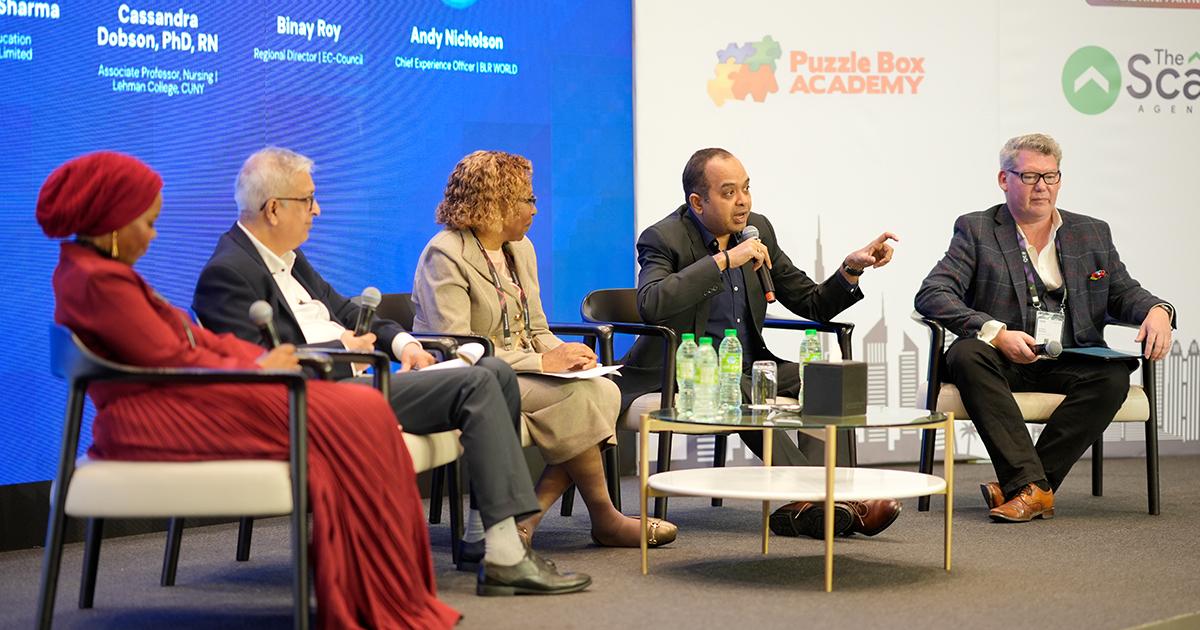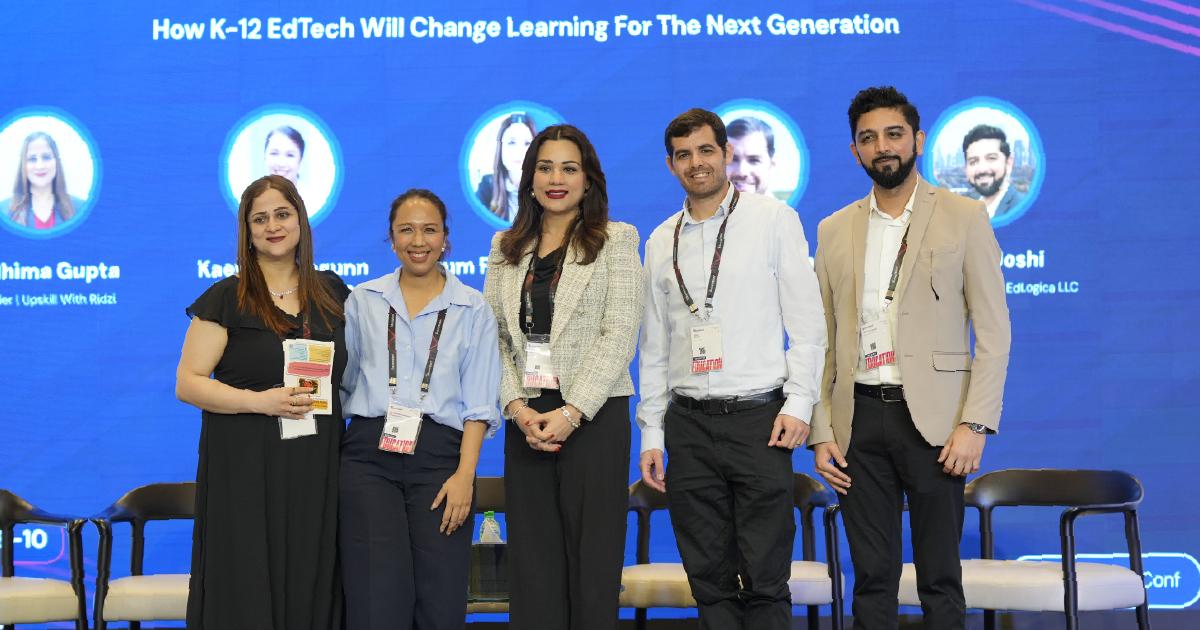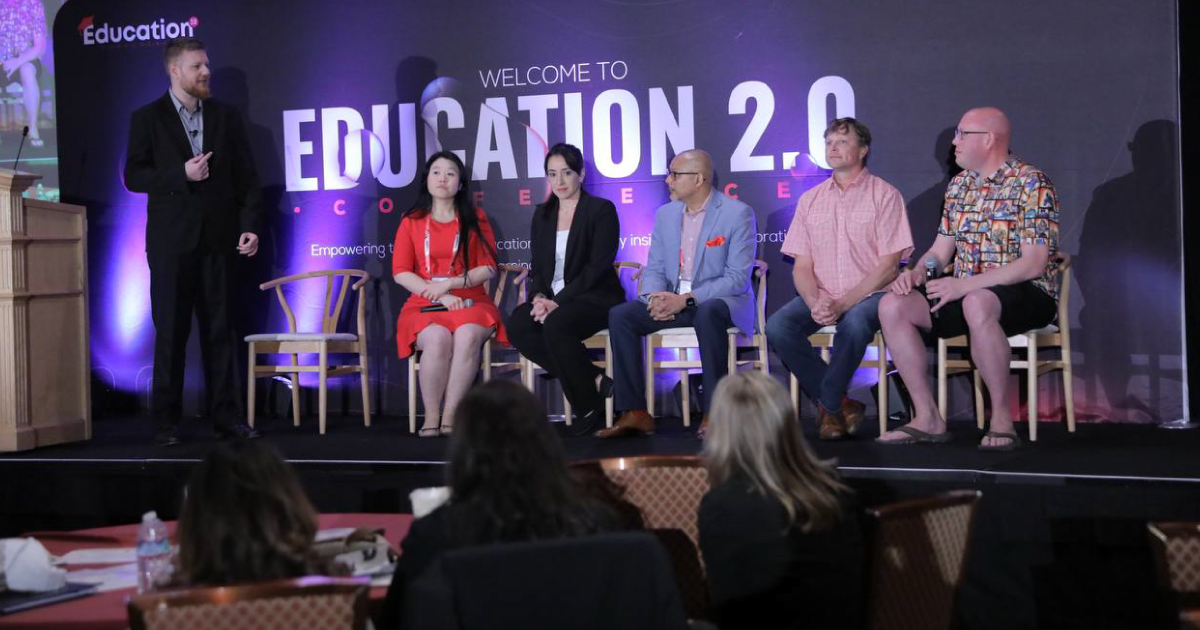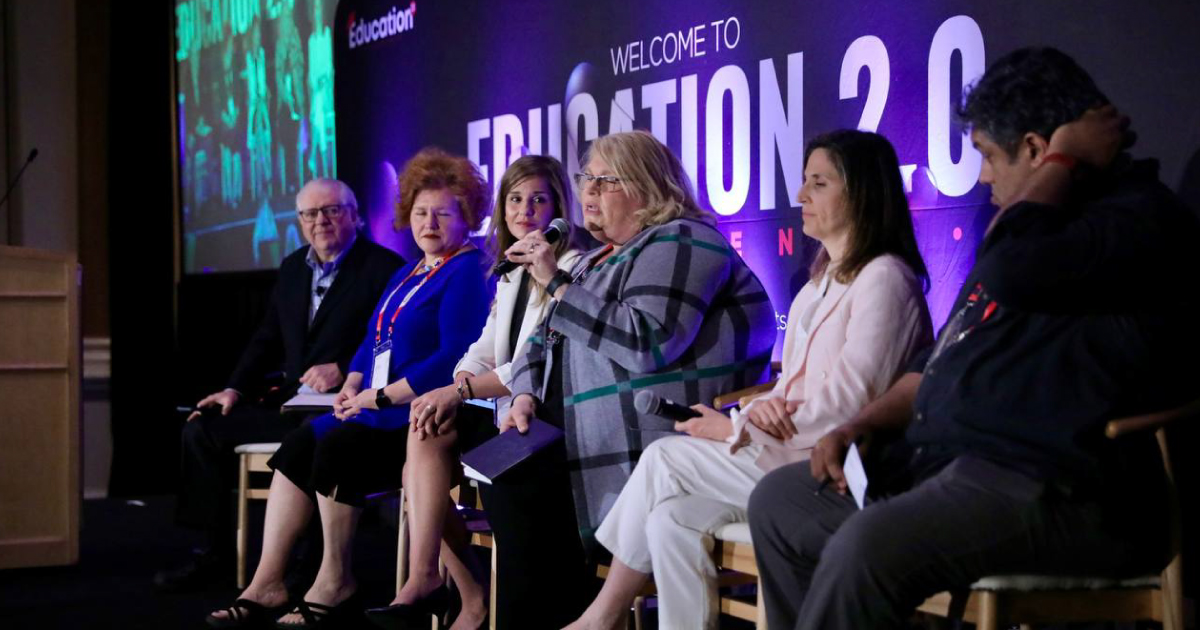
2024 Education Conferences To Equip Your Employees To Thrive In The Age Of Automation
Posted on : June 19, 2024
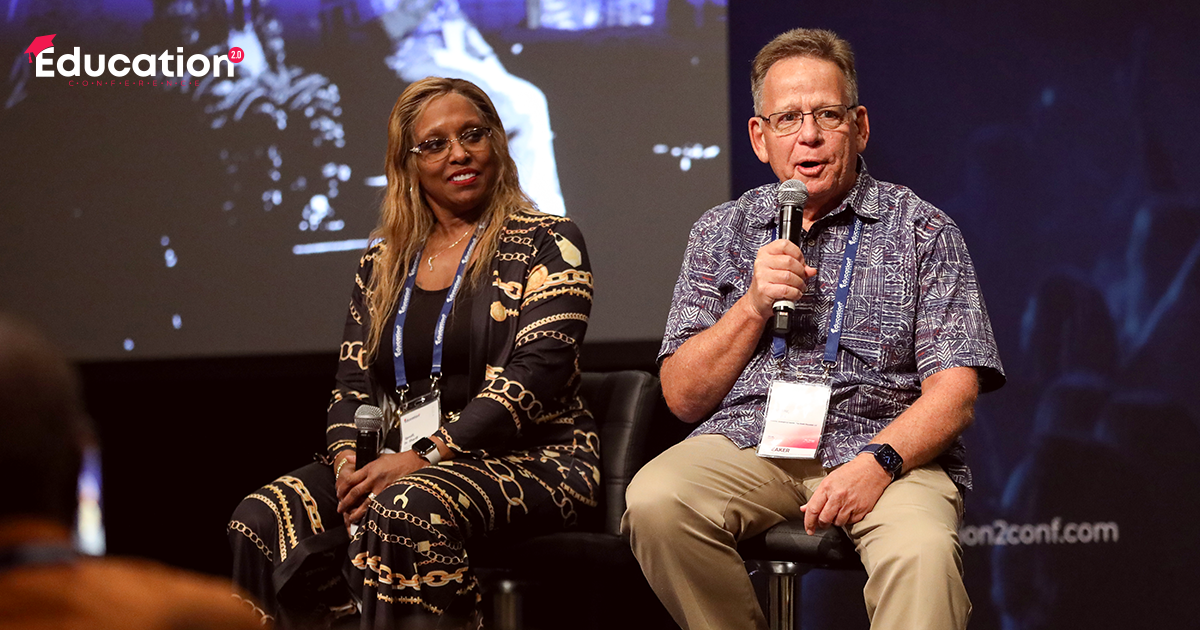
In an era where technology progresses rapidly, there's a critical need for a workforce skilled in handling the complexities of automation. This significant challenge falls on educators, education specialists, and business leaders, who must adapt their approaches to ensure employees are well-equipped to excel amidst these rapid changes. As 2024 approaches, The Education 2.0 Conference, along with a series of other educational conferences, are crucial for those aiming to harness knowledge for a competitive edge. This blog explores how these gatherings are vital for developing a workforce ready for the future, offering insights on aligning educational goals with the demands of a tech-driven market and sustaining an environment of continuous learning and adaptation.
Understanding The Nuances Of Upskilling In An Automated World
Automation isn't just about replacing tasks with machines but enhancing human capabilities to work alongside advanced technologies. The first step is to assess the skills landscape within your organization. Identifying which tasks are likely to be automated can guide you in designing targeted upskilling initiatives.
- Advanced Data Analysis and Interpretation: Equip your employees with the ability to leverage AI-powered data analytics tools. This is not just about understanding data but also about making informed strategic decisions based on that data.
- Automation Process Design and Implementation: Develop your team’s expertise in identifying workflows that are ripe for automation. Understanding the intricacies of human-machine collaboration will be essential.
- Algorithmic Bias Detection and Mitigation: Equip your workforce with the skills to critically evaluate AI fairness and mitigate potential biases. This ensures that the deployment of AI tools remains ethical and just.
Cultivating A Culture Of Continuous Learning And Innovation
Success in the future hinges on the ability to innovate and adapt. Establishing a culture that prioritizes ongoing learning and exploration is essential.
- Adaptive Learning Platforms: Deploying AI-driven platforms can tailor the learning experience, adjusting in real-time to meet the individual requirements and learning speeds of each employee.
- Microlearning with Gamification: Implementing concise, gamified learning units can greatly improve engagement and knowledge retention, which is especially useful for accommodating the varied learning styles and speeds found within your organization.
- AR/VR for Training: Incorporating augmented and virtual reality into training routines offers deeply engaging experiences crucial for mastering complex skills.
These strategies encourage a workplace environment where continuous improvement and creativity are at the forefront, preparing employees to thrive in an evolving technological landscape. Furthermore, insights similar to these are likely to be explored further in the Education 2.0 Conference and other similar upcoming education events in Dubai, emphasizing the latest trends and innovations in the field.
Strategic Partnerships To Enhance Educational Outreach

In a world where connections drive innovation, building strategic partnerships with educational institutions, technology providers, and industry experts is crucial for creating a vibrant learning atmosphere.
1. Joint Research Initiatives: Working together on research projects can identify necessary emerging skills and develop effective training strategies, ensuring your curriculum remains innovative.
2. Industry-Academia Apprenticeship Programs: These initiatives combine academic theory with practical experience, enriching the educational journey and skill acquisition.
3. Faculty Development on Emerging Technologies: Regularly enhancing the skills and knowledge of educators is critical, enabling them to impart up-to-date and relevant information effectively.
Personalized Learning Ecosystems: Customizing Education
Personalized Learning Ecosystems (PLEs) represent the next step in educational evolution, using big data and analytics to tailor learning experiences to individual profiles.
- Competency-Based Learning Pathways: These allow employees to progress at their own pace, focusing on acquiring competencies rather than adhering to rigid time-based structures.
- Adaptive Assessments and Recommendations: AI-powered assessments can dynamically adjust to the learner's ability, offering tailored recommendations for further learning opportunities.
- Micro-Credentials in Curated Content Libraries: Providing access to a broad array of learning resources that validate specific skills allows employees to enhance their resumes and meet the precise needs of their roles.
Moreover, these principles of personalized learning are expected to be a topic of discussion at education conferences in 2024, reflecting the growing trend towards customization in learning strategies.
Integrating Seamless Technology Solutions
Integrating learning management systems with external platforms through APIs improves the consistency and effectiveness of educational technologies.
- Learning APIs: These APIs enable smooth communication between different platforms, ensuring that educational content and learner data are effectively unified.
- Experience API (xAPI): This technology tracks a broad range of learning experiences, offering a detailed overview of employee progress and identifying areas for enhancement.
AI In Mentorship And Coaching
The integration of AI into the learning environment can transform the mentorship model by providing personalized, immediate feedback.
- AI Tutoring Systems: These systems can analyze performance and offer feedback tailored to the learner’s specific needs, enhancing the learning curve.
- Simulated Learning Environments: AI can create realistic scenarios for learners to practice new skills, offering a safe space for growth before real-world application.
Additionally, the effectiveness of these AI-enhanced training methods is likely to be a subject of discussion at upcoming education events in Dubai, showcasing their impact on modern learning environments.
Looking Ahead To Education In The Era Of Automation
Navigating the challenges of automation requires a commitment to ongoing, tailored learning strategies. This blog has outlined how educators and business leaders can adapt to these changes by implementing innovative training methods and leveraging new technologies. As the landscape continues to evolve, the 2024 education conferences, including the Education 2.0 Conference, will serve as crucial platforms for gaining insights and staying abreast of the latest educational trends. These forums will be instrumental in shaping strategies for a future-ready workforce. For leaders seeking to stay at the forefront, attending these conferences will provide essential tools and perspectives to ensure their organizations thrive.

